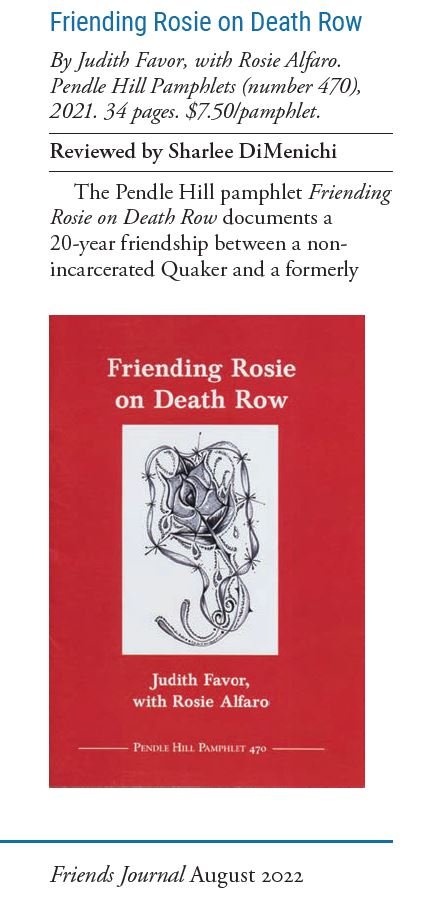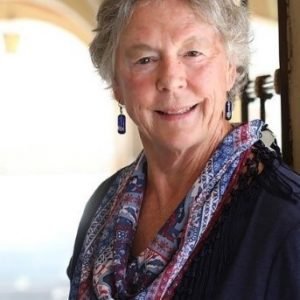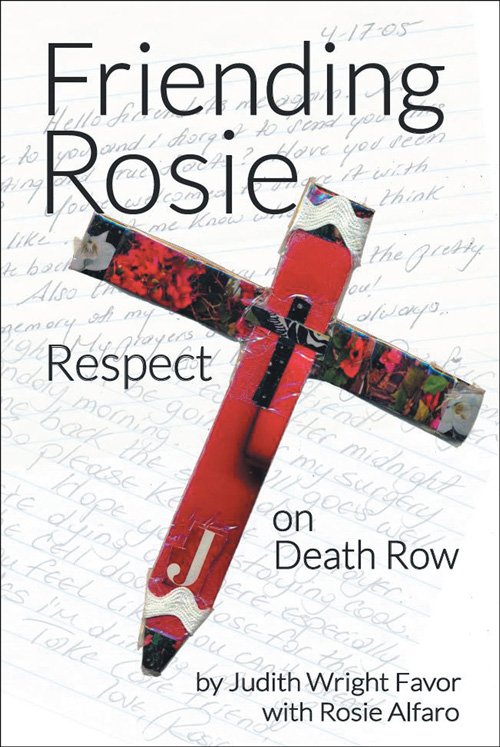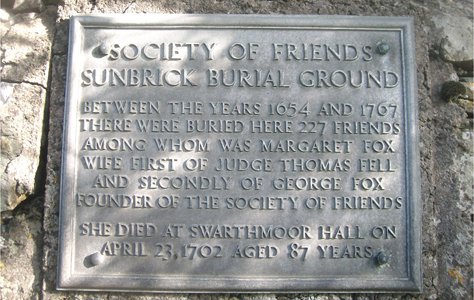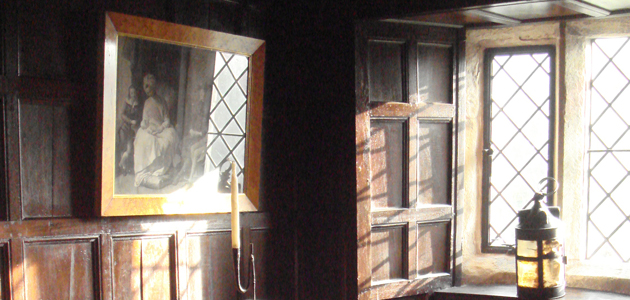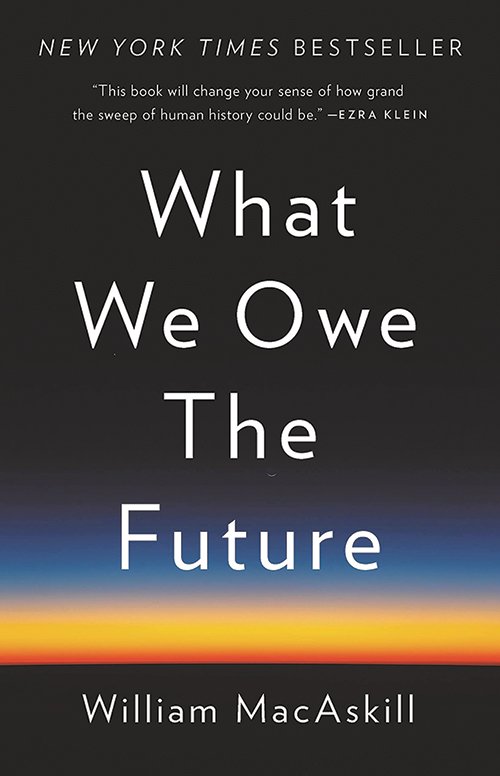
Reviewed by Judith Wright Favor
in Friends Journal — August 2023 Issue
What We Owe the Future introduced me to “longtermism”: “the idea that positively influencing the longterm future is a key moral priority of our time.” And each of us has a part to play. In his concluding message, as he does throughout the book, author William MacAskill addresses the reader directly in reflecting on the previous ten chapters:
We’ve met some people who’ve made a difference in this book: abolitionists, feminists, and environmentalists; writers, politicians, and scientists. Looking back on them as figures from “history,” they can seem different from you and me. But they weren’t different: they were everyday people, with their own problems and limitations, who nevertheless decided to try to shape the history they were a part of, and who sometimes succeeded. You can do this, too.”
Friends drawn to longtermism—“a movement of morally motivated people, concerned about the whole scope of the future”—will appreciate MacAskill’s views. This mind-bending young activist challenges all of us to practice radical collaboration in shaping a more sustainable future.
Queries throughout What We Owe the Future sparked my imagination in thinking about “which values will guide the future.” MacAskill points to the favorable answer when he suggests, “Those values could be narrow-minded, parochial, and unreflective. Or they could be open-minded, ecumenical, and morally exploratory.” The author’s lifestyle earned my respect. MacAskill, who was only 28 when he joined the faculty of Oxford University, becoming the youngest associate professor of philosophy in the world, lives communally, eats minimally, and donates generously to progressive nonprofit organizations. I like knowing that he is an activist and social entrepreneur; he also cofounded the nonprofits Giving What We Can, the Centre for Effective Altruism, and 80,000 Hours, which together have moved over $200 million to effective charities, according to his website.
“We are now living through the global equivalent of the Hundred Schools of Thought,” he writes, referring to the golden age of Chinese philosophy in the sixth century when many great thinkers “were developing their ideas and trying to persuade the political elite of their theories.” MacAskill observes that likewise today “[d]ifferent moral worldviews are competing, and no single worldview has yet won out.” He gives hope for present-day actions setting humankind on the right track:
If we can improve the values that guide the behaviour of generations to come, we can be pretty confident that they will take better actions, even if they’re living in a world very different from our own, the nature of which we cannot predict.”
What We Owe the Future masterfully traces the grand sweep of history while outlining key values for designing a livable future. I commend MacAskill’s solid research and illuminating prose. His teachings about value lock-in and artificial general intelligence broadened my perspective and made me smarter. His perspective equips me to write a fuller version of my ethical will in progress, an ABC of legacy letters conveying my core values to the next generation.
MacAskill’s accessible language brings future people into the conversation while highlighting past strategies employed by controversial Friends like abolitionist Benjamin Lay. He reminds readers about the long arc to abolish slavery; he references the first public denouncement, which came from Quakers in 1688 with the Germantown petition. Success took hundreds of years. “Abolition freed millions of people from lives of utter misery,” though some countries did not abolish slavery until after 1960. In this same vein, MacAskill writes:
We may not see longtermism’s biggest impacts in our lifetimes. But by advocating for longtermism, we can pass the baton to those who will succeed us—those who might run faster, see farther, and achieve more than we ever could.”
The book ends with six pages of acknowledgements that credit hundreds of people, and a useful website: whatweowethefuture.com.
Let us see what forethought can do.
Judith Wright Favor is an elder member of Claremont Monthly, Southern California Quarterly, and Pacific Yearly Meetings. She recently led a workshop on the elements of writing an ethical will at the Friends General Conference Gathering.


 Reviewer Judith Wright Favor is an elder member of Claremont Monthly, Southern California Quarterly, and Pacific Yearly Meetings. Her latest publication is the Pendle Hill pamphlet: Friending Rosie on Death Row.
Reviewer Judith Wright Favor is an elder member of Claremont Monthly, Southern California Quarterly, and Pacific Yearly Meetings. Her latest publication is the Pendle Hill pamphlet: Friending Rosie on Death Row.